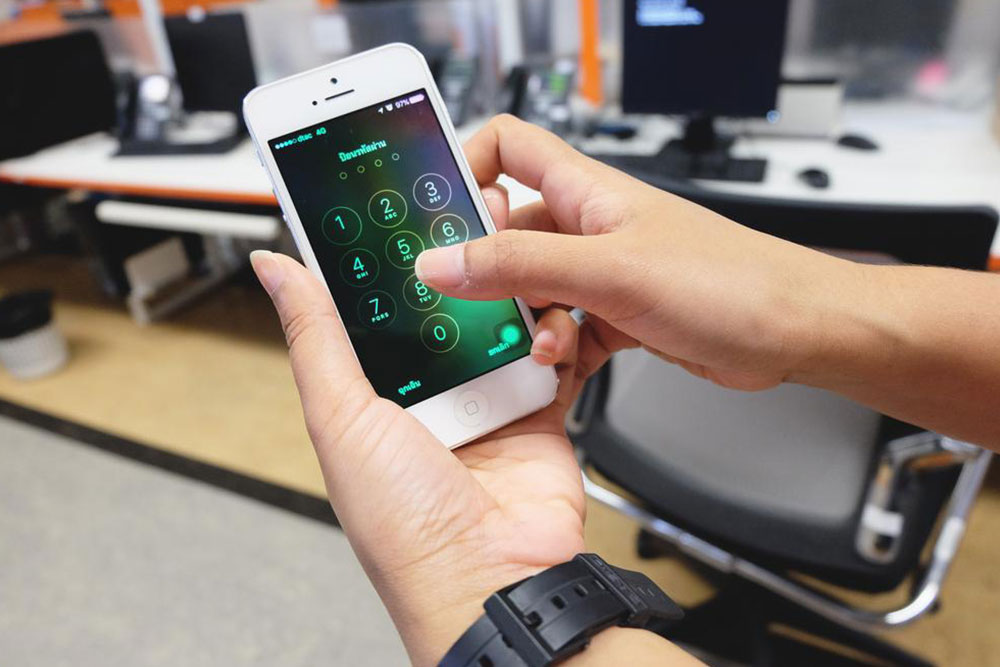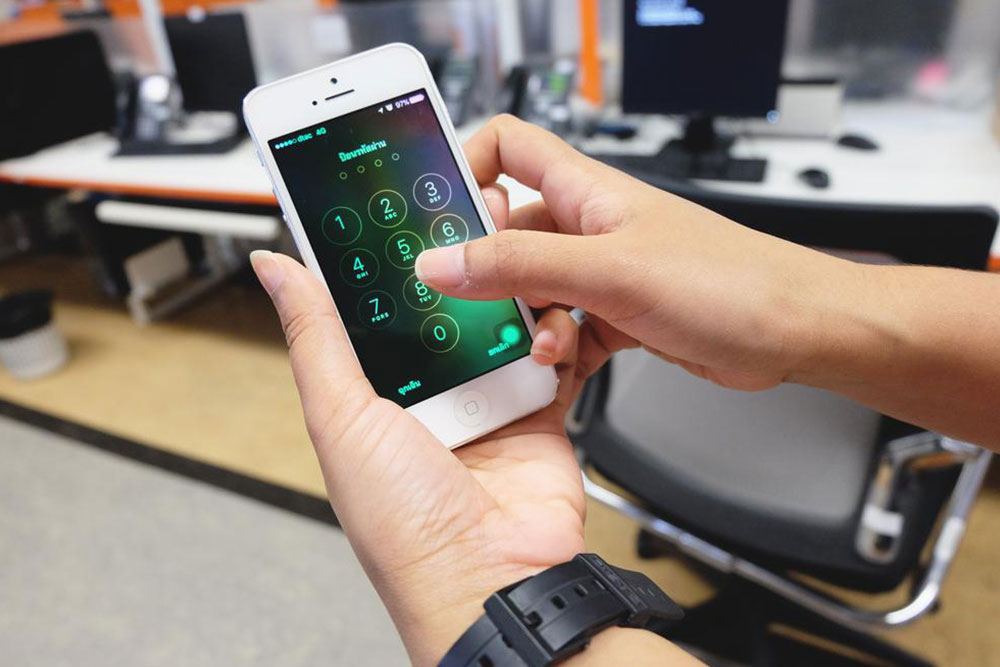Do All Smartphones Need to Be Unlocked?
This article explores whether all smartphones need to be unlocked, detailing the unlocking process, rule changes by carriers, and cost benefits. It highlights that consumers now have greater freedom to unlock their devices legally, with many affordable options available. The shift towards unlocked phones offers flexibility, especially for international travel and budget-conscious users. Carriers like AT&T, Verizon, and T-Mobile have eased unlocking policies, empowering users to choose devices that suit their needs without being tied to long-term contracts or hidden costs.

Do All Smartphones Need to Be Unlocked?
When purchasing a locked phone, whether new or used, you can usually find services or professionals to unlock it for you. Even if you've already unlocked your device through your carrier, the process often involves navigating various requirements and procedures.
For example, AT&T offers permanent unlocking options once your contract has expired. Customers who have been with AT&T for over 60 days can unlock their devices up to five times annually, provided their account is in good standing.
Unlock requests typically require users to follow specific guidelines, filling out necessary forms and meeting criteria. Some Verizon devices are sold unlocked, while others are locked; in both cases, eligible customers can request unlocking for international travel purposes.
Why the rules changed? The primary reason is the availability of unlocked phones directly from manufacturers. Apple and its carrier partners often sell unlocked versions, and devices like Google's Nexus 5 have been launched unlocked to give consumers more flexibility.
In summary, regulators now recognize that users should have the right to unlock their phones without restrictions, per the DMCA regulations.
Are unlocked phones more affordable? Major carriers often add hidden costs to subsidized phones, which are embedded into monthly bills. Unlocked phones, on the other hand, are often sold at transparent prices and work with MVNO plans that are significantly cheaper than traditional carrier plans.
For instance, T-Mobile has pioneered a shift by allowing customers to purchase unlocked phones without long-term contracts, enabling more independent and budget-friendly options.
Note: Our blog covers various categories, providing practical and valuable insights based on research. However, the information should not be considered conclusive, and readers are advised to verify details independently. We are not responsible for discrepancies or missing offers related to the topics discussed.










